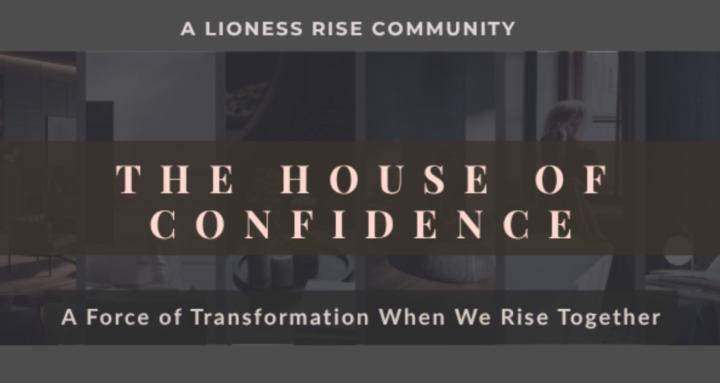🔥
Sep '25 • Lets Talk About It
The “Nice-Nasty” Mask — When Politeness Hides Poison
💡 You know what I mean. No... O.k. Ever meet someone who sounds polite, but the undertone stings? That’s the “nice-nasty” at play. It shows up as sugar-coated criticism, backhanded compliments, or a smile with daggers underneath. It makes me suspicious of intent, others simply uncomfortable.
It’s not just about personality — it’s a self-esteem issue.
👉 Aggression wrapped in niceness is often a shield for insecurity. I know this to be true I was the champ. Yes, I was trying to hurt you and I knew it.
🎯This week I'm going to talk about Self esteem.🎯
Resource: Worksheet
Case Study:
My words were polished, but my tone dripped with superiority. “Oh, you did it that way? Interesting.” I wasn’t cruel outright — but everyone felt smaller around me. The truth? My self-esteem was shaky. I didn’t trust that my worth stood on its own, so I armored myself with subtle jabs to stay “above” others. Always on the lookout for an intruder that could bust my huge ego bubble. Not today sir.......
🎯 How to Recognize “Nice-Nasty” in yourself.
- Compliments that cut: “That dress looks good… for your age.”
- Polite tone, disrespectful content or reverse. It leaves you feeling smaller, not supported.
- Sarcasm passed off as “just joking.”
- A smile that doesn’t match the eyes.
- Feeling like you have to be armed and dangerous, at all times.
- Listening for ammo not understanding.
- Deciding that your past dictates hurting others.
- Inconsistent body language — smile + dismissive tone.
🔥 4 Action Steps to Stop Being (or Tolerating) “Nice-Nasty”
- Pause before speaking. Ask: “Is my tone empowering or diminishing?”
- Name the pattern. If you hear it, calmly say: “That felt dismissive — can we try again?”
- Practice kind directness. Replace passive-aggressive hints with clear, respectful requests.
- Strengthen esteem. Daily self-acceptance practice reduces the need to tear others down.
- What is my intention (honestly). What is the speakers intention? Ask if your not clear.
- Be honest about your feelings and know what they are.
✨ Reflection Prompt for You:
Have you experienced “nice-nasty” — from yourself. Giving pain is never your responsibility.
10
15 comments
powered by

skool.com/house-of-confidence-1487
An exclusive circle where women 40+ find clarity to see, courage to act and confidence to be without the huge price tag.
Suggested communities
Powered by
